Various opinions from SMU professors
Opinions written by SMU professors that have appeared recently in various publications.

Following are links to a sample of opinions written by SMU professors that have appeared recently in various publications. They represent the independent thoughts of their authors and appear in the order in which they were published, the most recent being at the top.
Texas could be big loser with Trump's tariffs
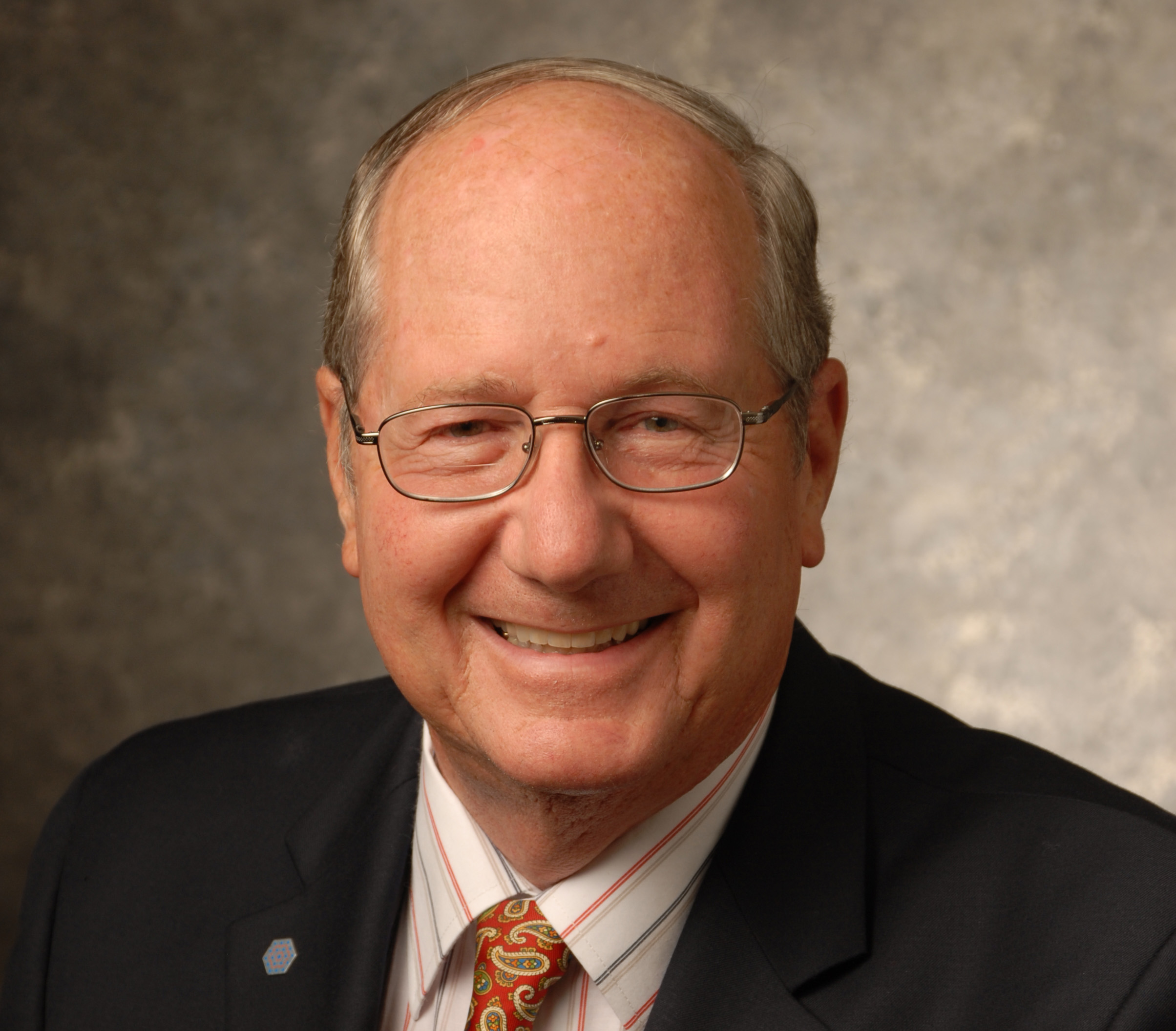
Associate Director of SMU's Maguire Energy Institute
" ...The last thing the economy needs is restrictions on imports. Yet President Donald Trump has just increased tariffs on imported steel by 25 percent, despite the industry earning more than $3 billion in profits last year, and those on imported aluminum by 10 percent." Read the full essay from The Fort Worth Star-Telegram.
Take politics out of Texas classrooms
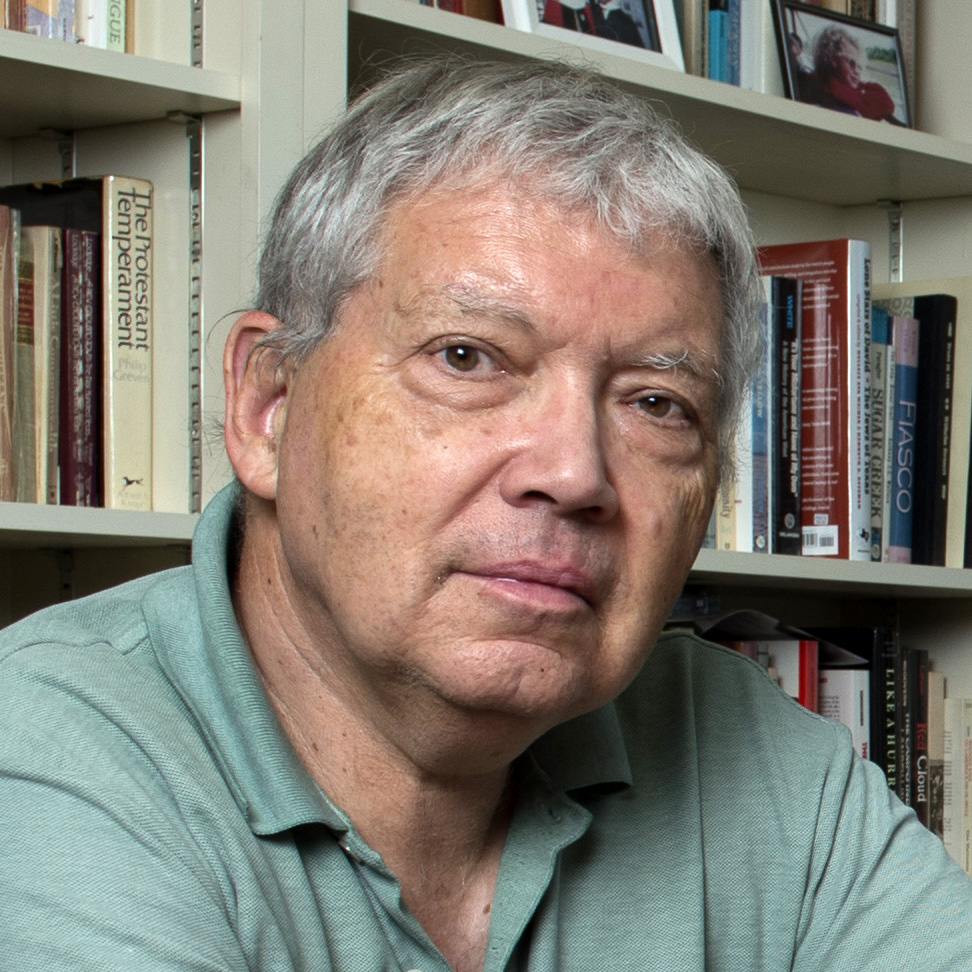
Professor of History
"The ongoing textbook wars have embarrassed Texas for years. But the State Board of Education this year has a key opportunity to take politics out of our children’s classrooms. The board is revising social studies curriculum standards that guide what students learn in their history, government and geography classrooms." Read the full essay from The Corpus Christi Caller Times.
A new model to move beyond diversity
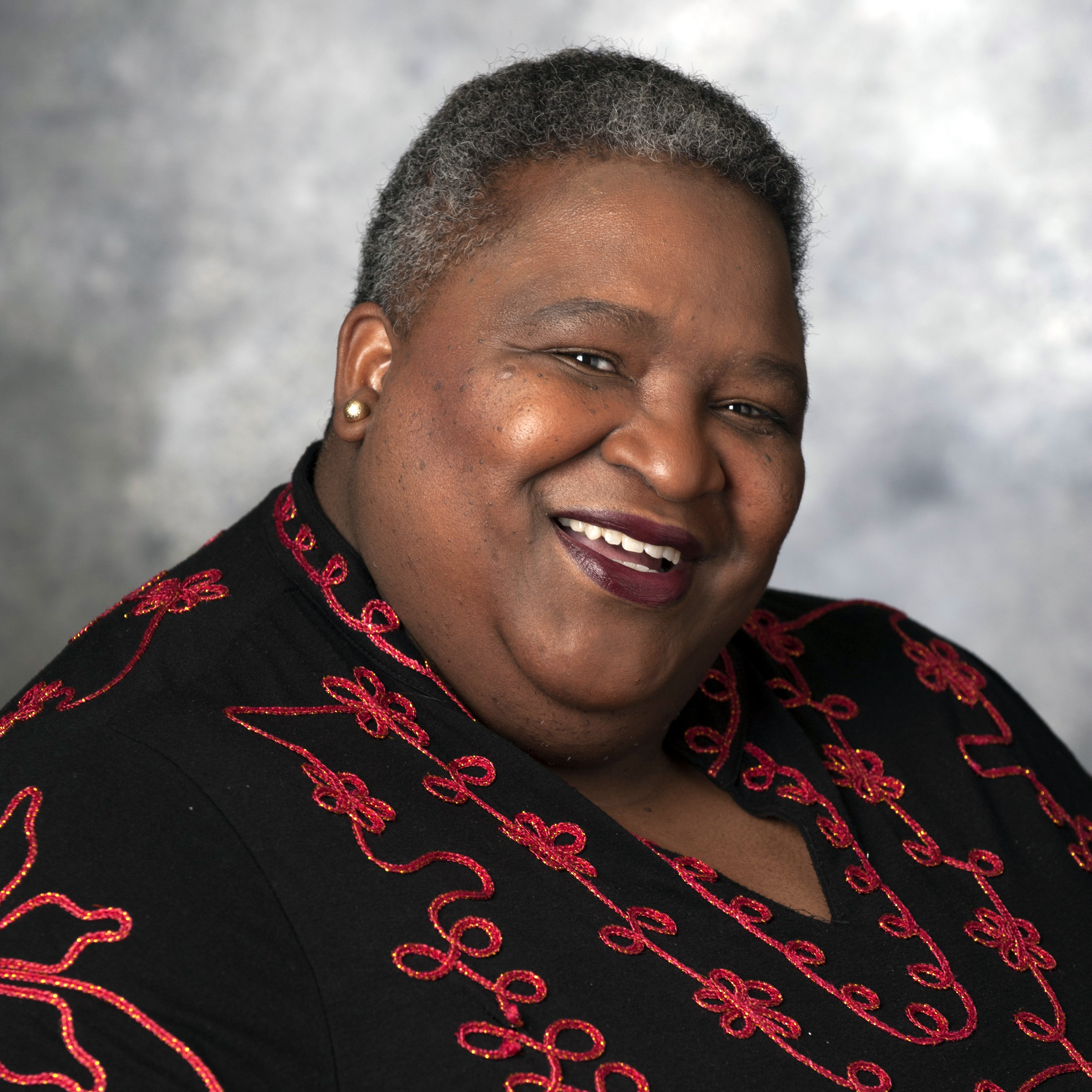
Distinguished Teaching Professor and senior adviser
to the provost for the campus cultural intelligence initiative
"Traditional diversity and inclusion training often assumes that everybody in the workshop is excited to learn how to appreciate their diverse colleagues. Spend a few hours learning about stale stereotypes and affixing blame rather than learning how to work and communicate effectively with people from diverse contexts, and you can see why many traditional D&I training participants are more willing to sign up for a root canal than another hour of diversity training." Read the full essay from The Tulsa World.
'Keep It In The Ground' movement needs a dose of reality
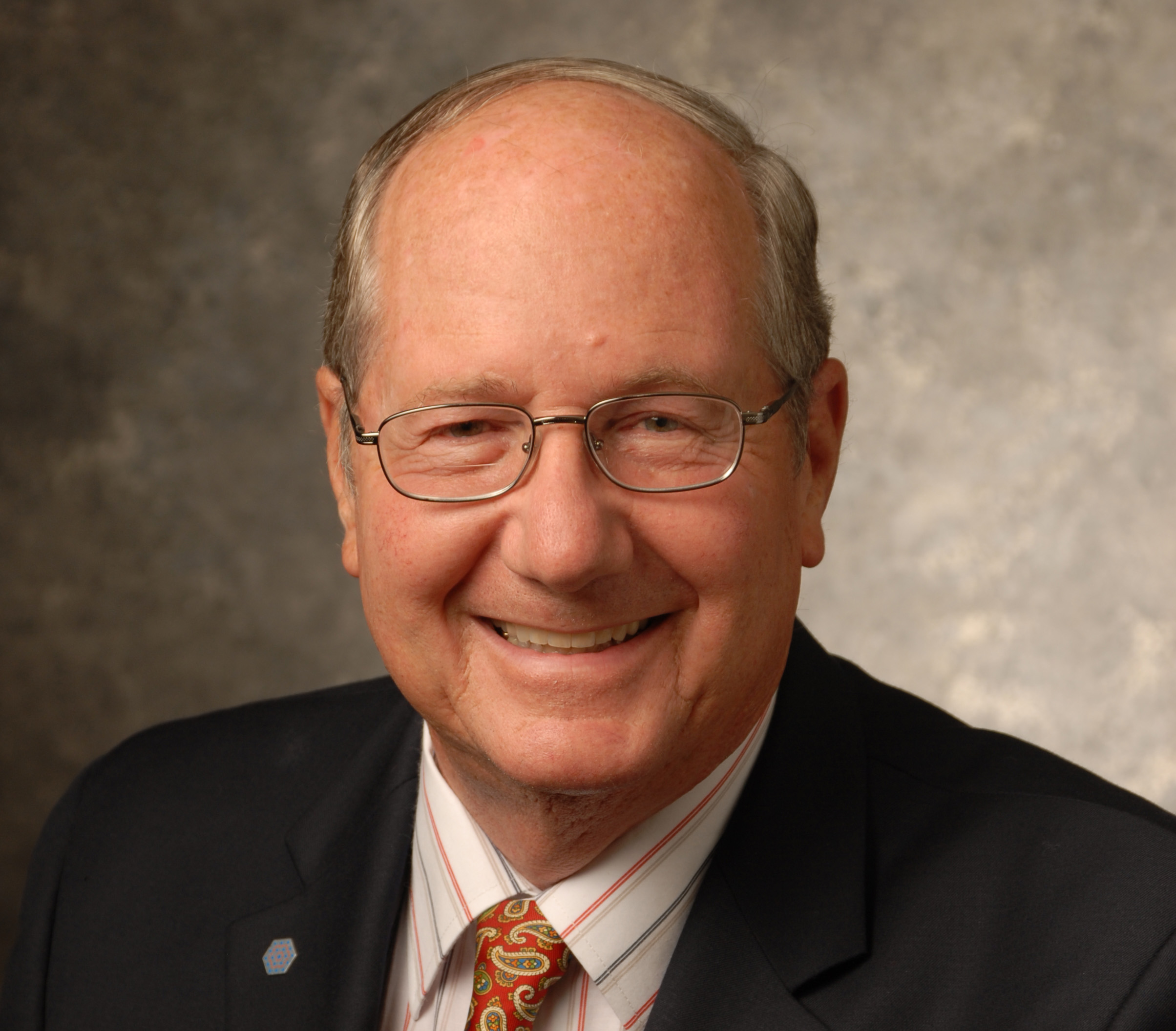
Economist and associate director of the Maguire Energy Institute
"Regrettably, the anti-fossil fuel movement suffers from both financial and political naiveté. The costs to local governments of pursuing legal actions of dubious merit against oil and gas companies will mean higher taxes or less revenue available for schools and other municipal services." Read the full essay from Investor's Business Daily.
Can the president be prosecuted for war crimes in the event of a nuclear strike?
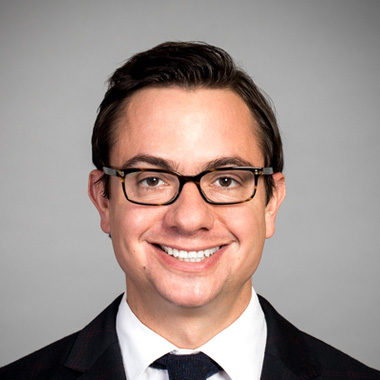
Professor of Law
Can U.S. nuclear strike planners and executors be prosecuted for war crimes? Short answer, yes. And the planners are more vulnerable to prosecution than world leaders, such as President Donald Trump. Read the full essay from The Dallas Morning News.
Could landing Amazon also summon the winner's curse?
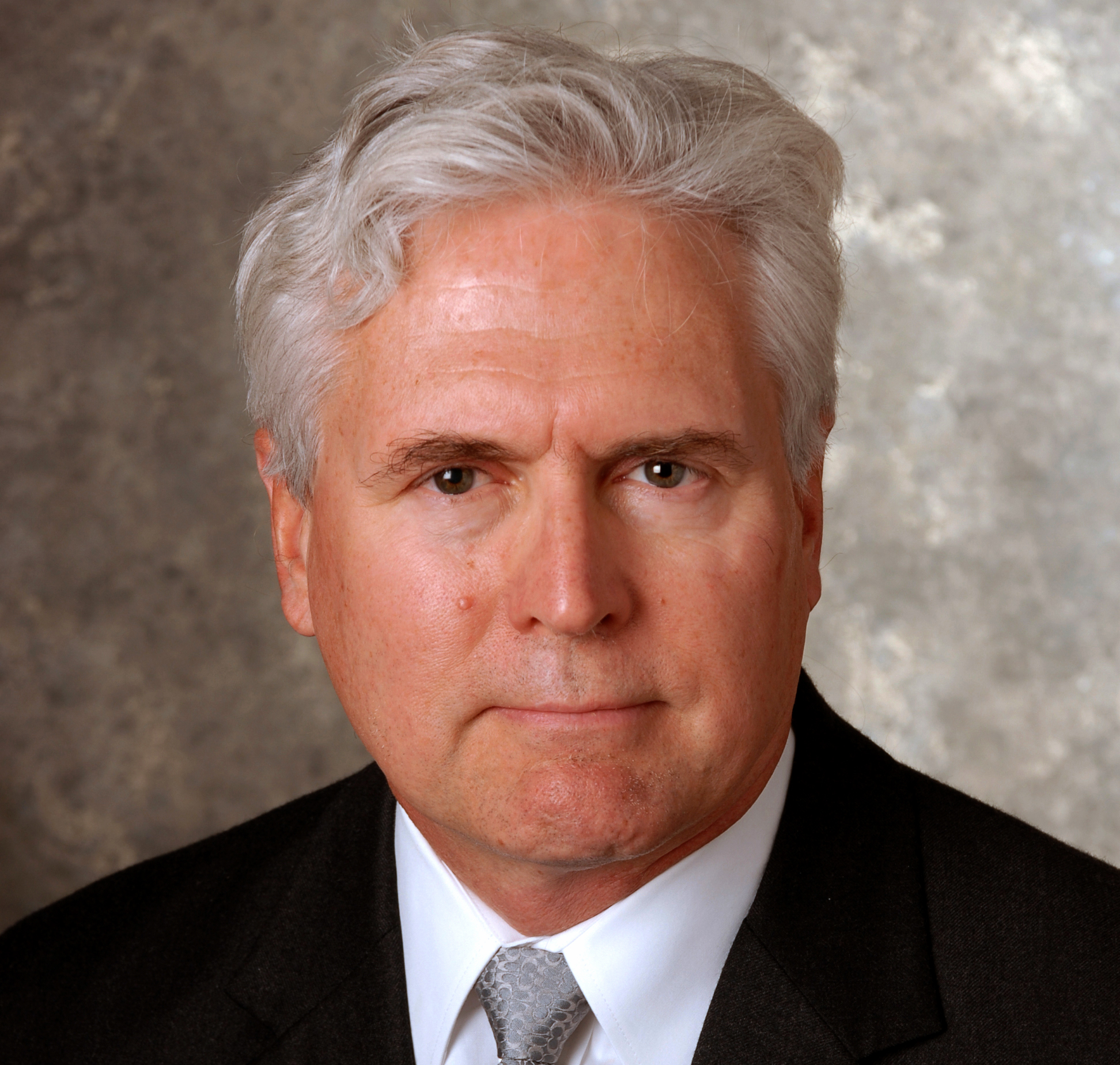
Senior Business Lecturer in the Cox School of Business
"Here are two things everyone in Dallas should share in common: 1) the fervent hope that Amazon picks our city as the site for its second headquarters, and 2) the firm conviction that signing Chan Ho Park as a free agent pitcher for the Texas Rangers was one of the worst deals in the history of baseball. Those two things may seem unrelated, but they're not." . . . Read the full essay from The Dallas Morning News.
Freedom protesters in Iran need our help
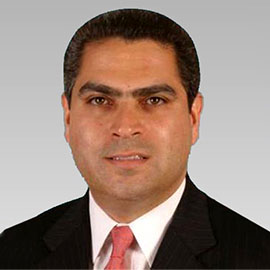
Political economist at SMU's John Tower Center for Political Studies
"The world is again witnessing the Iranian people expressing their legitimate demands for freedom, human rights and a better life. For the past two weeks, Iranians have been peacefully and courageously defying the brutality of the mullah regime and the Islamic republic system through civil disobedience and protests." . . . Read the full essay from The Dallas Morning News.
Offshore drilling good for jobs, global position

Economist and associate director of the Maguire Energy Institute
"As 2018 begins, America's families and businesses have good reasons to be optimistic about the economy. The jobless rate is at a 17-year low, employment is at an all-time high, real wages are rising, corporate profits are strong, business investment is increasing, and the "Great Recession" has become a distant memory." . . . Read the full essay from The Houston Chronicle.
Rep. Gonzalez' bill would unfairly shield lawyers in debt collection cases
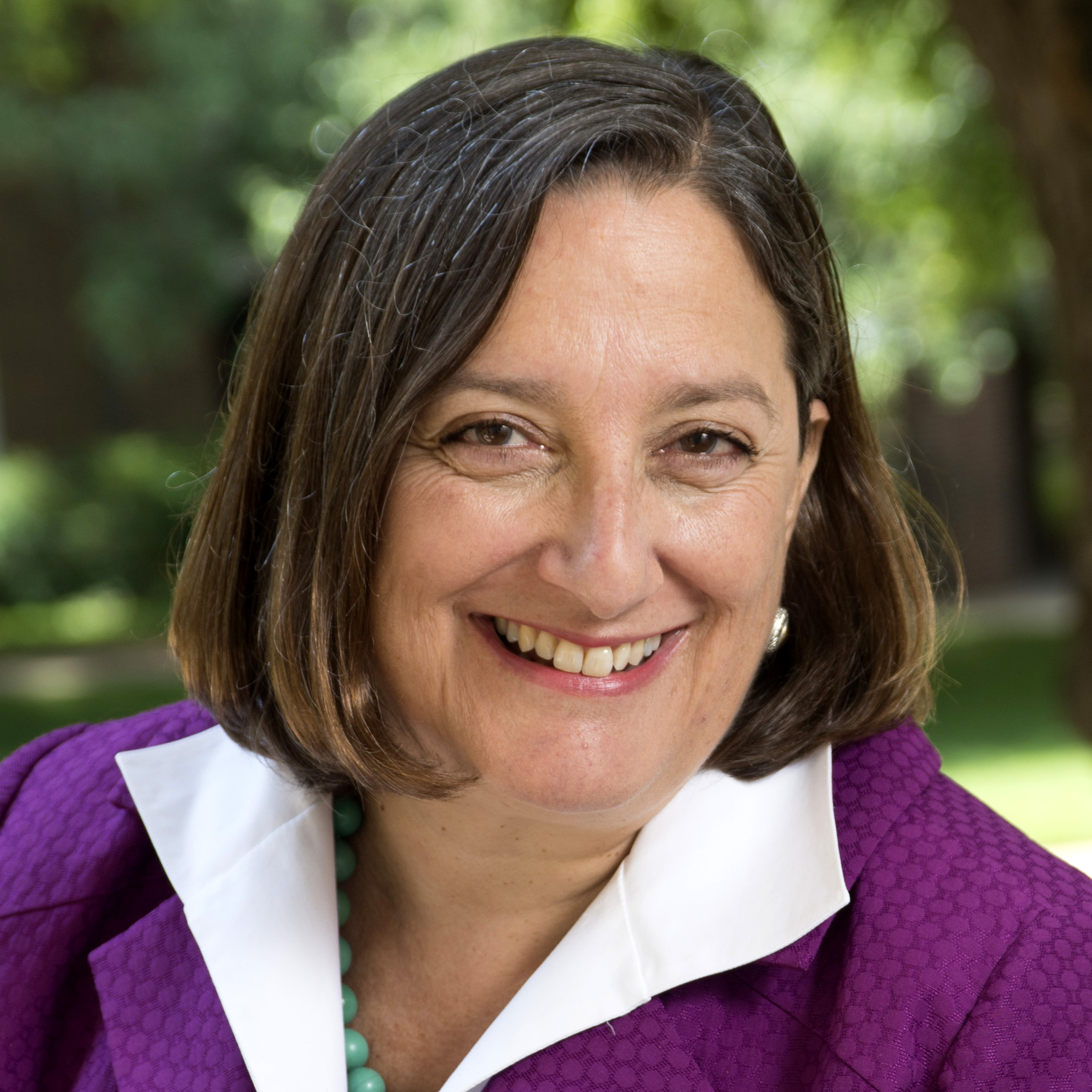
Professor of Law and Director of Civil Clinic in Dedman School of Law
In a commentary, SMU Law Professor Mary Spector says a bill sponsored by U.S. Rep. Vicente Gonzalez, D-McAllen, if passed into law would remove important consumer protections in the debt collection process. Read the full essay from The McAllen Monitor.
Reflections on America’s reckoning with sexual harassment
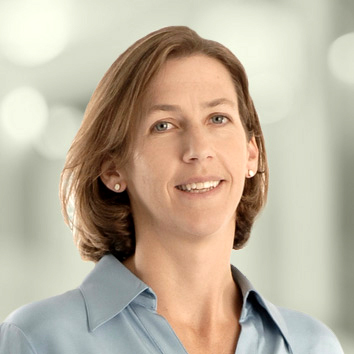
the Ellen K. Solender Endowed Chair in Women and Law at SMU Dedman School of Law
There will be many stories to tell about the year 2017—many of them tragic—but certainly one of the most important ones will be about the year America started to reckon with its pervasive culture of sexual harassment and assault. Read the full essay from The Verdict.
Turn Advent Into An Adventure
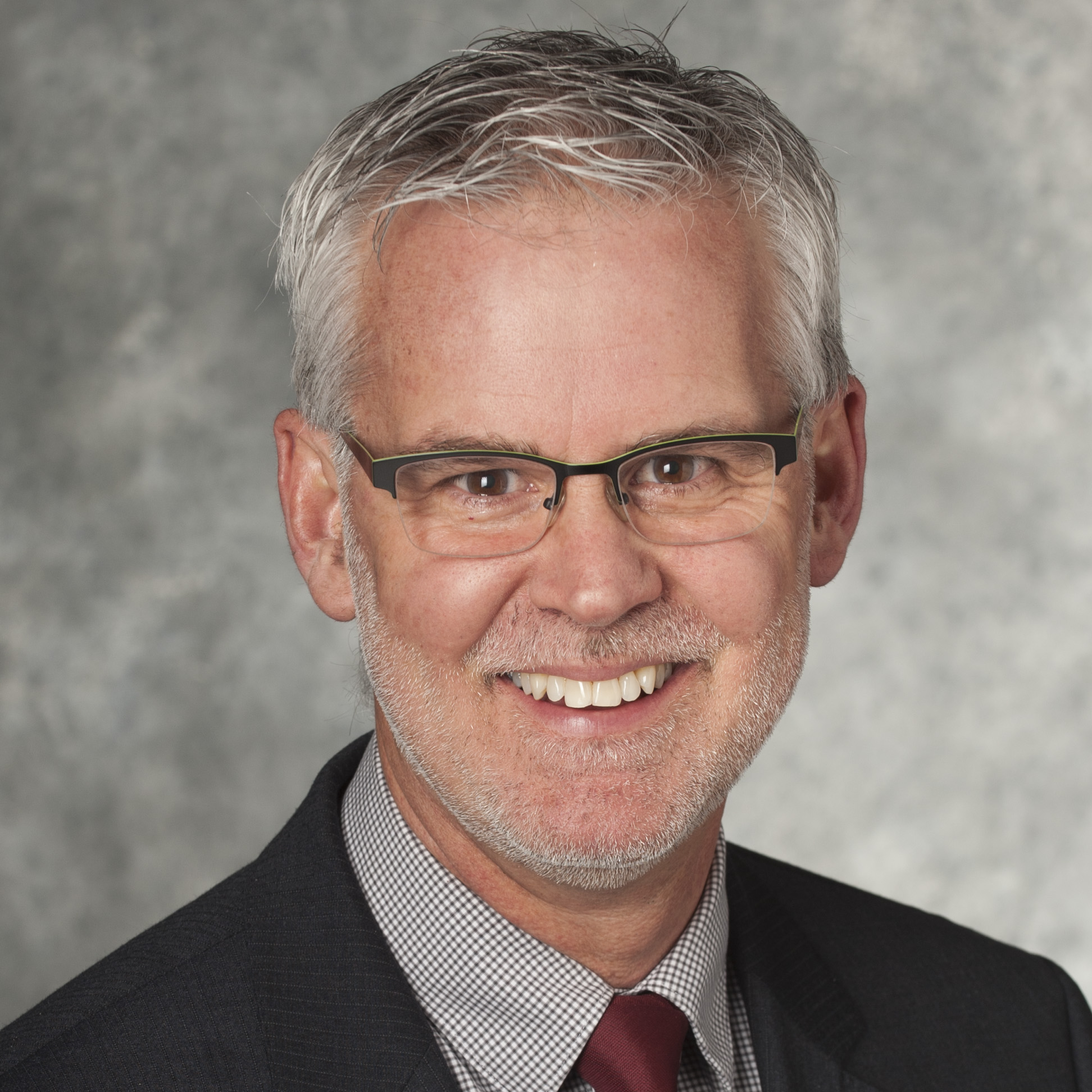
the WJA Power Chair of Old Testament at SMU Perkins
This gets me thinking: today is the beginning of Advent. What better time to try new things—to create new adventures than Advent? Read the full essay from The Huffington Post.
Trump should try quiet diplomacy
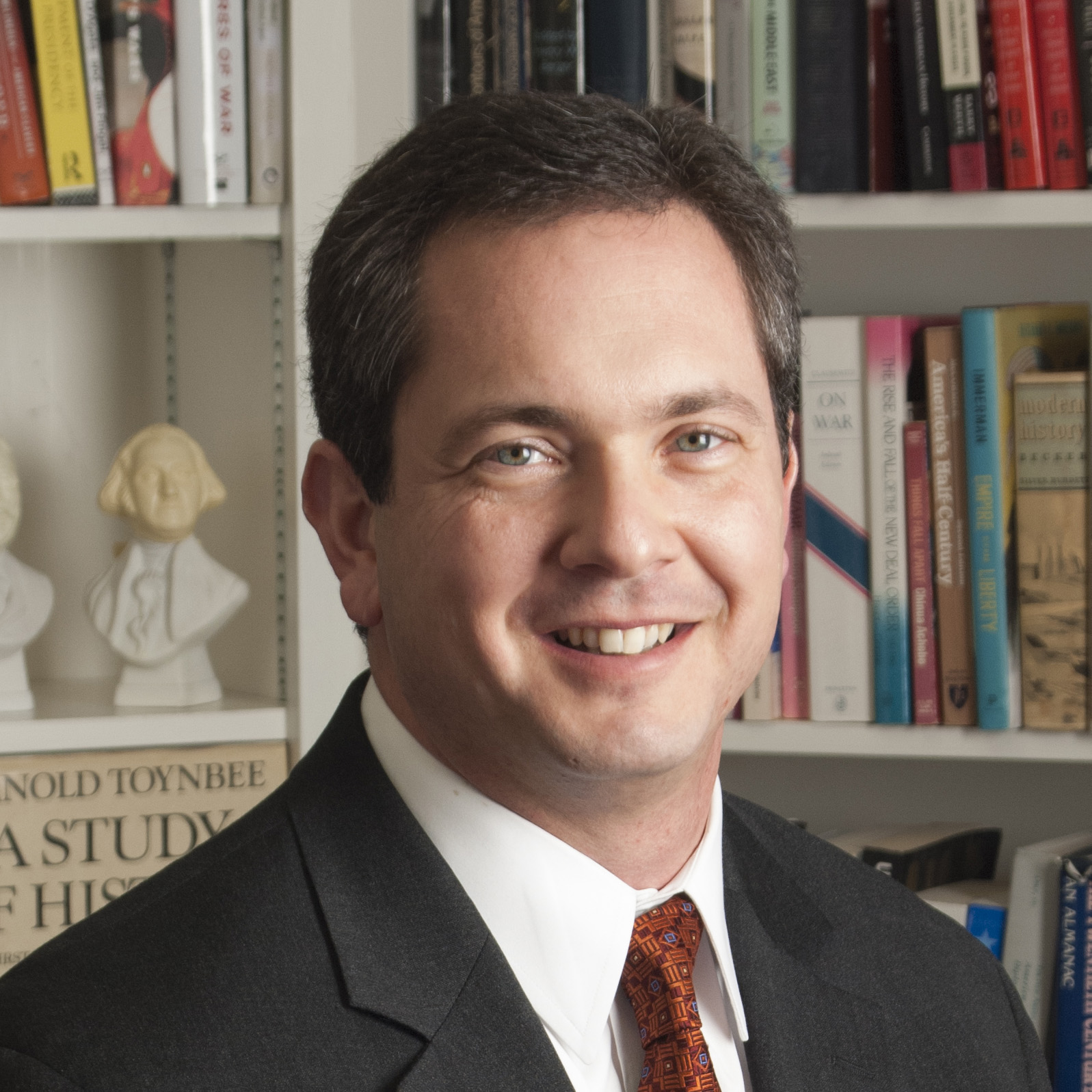
Director of the SMU Center for Presidential History at SMU
Twenty-five years ago this week, Americans rejected a far different man than the one in power today. Self-confident where Donald Trump is thin-skinned, well-mannered in a way Trump considers weak, George H.W. Bush is remembered a quarter-century out of office as an elder statesman whose call for a “kinder and gentler” nation appears quaint in retrospect. Read the full essay from USA Today.
What 'Allahu Akbar' really means
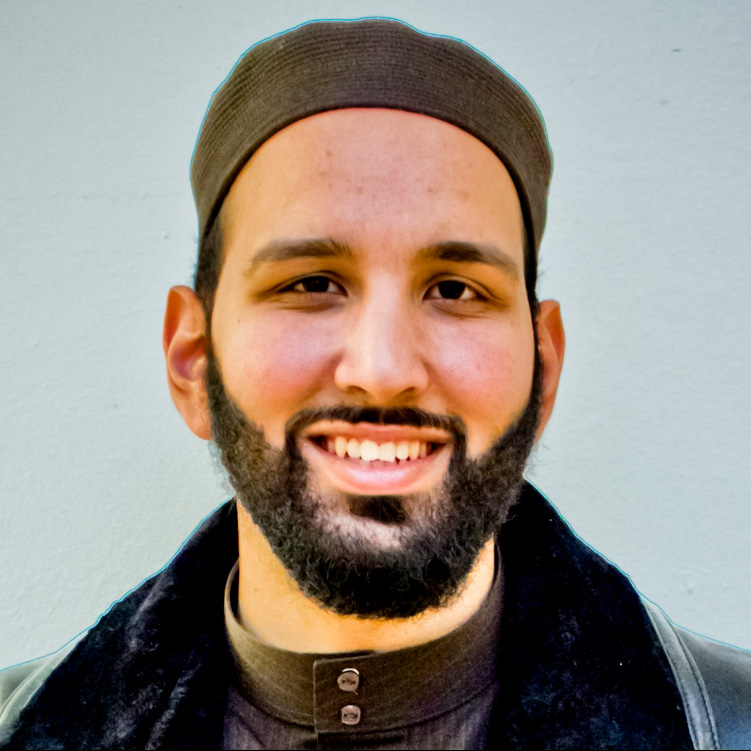
adjunct professor of Islamic Studies at SMU
I'll never forget the day a US army veteran who had fought in Iraq embraced Islam at my former mosque in New Orleans. He arrived in his full uniform, and was overcome with emotion when he heard the congregation shout "Allahu Akbar" after he uttered the Islamic declaration of faith. Read the full essay from CNN.
Sputnik offers a lesson on cybersecurity workforce
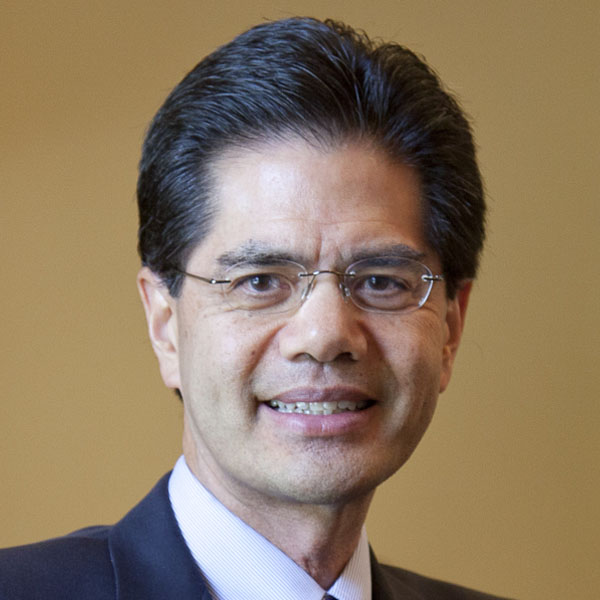
Executive director of the Darwin Deason Institute for Cyber Security at SMU
On Oct. 4, 1957, the Soviet Union launched a small basketball-sized satellite called Sputnik into orbit around the Earth. Sputnik was a wake-up call. Read the full essay from The Dallas Morning News.
Index shows economic freedom in the U.S. is waning
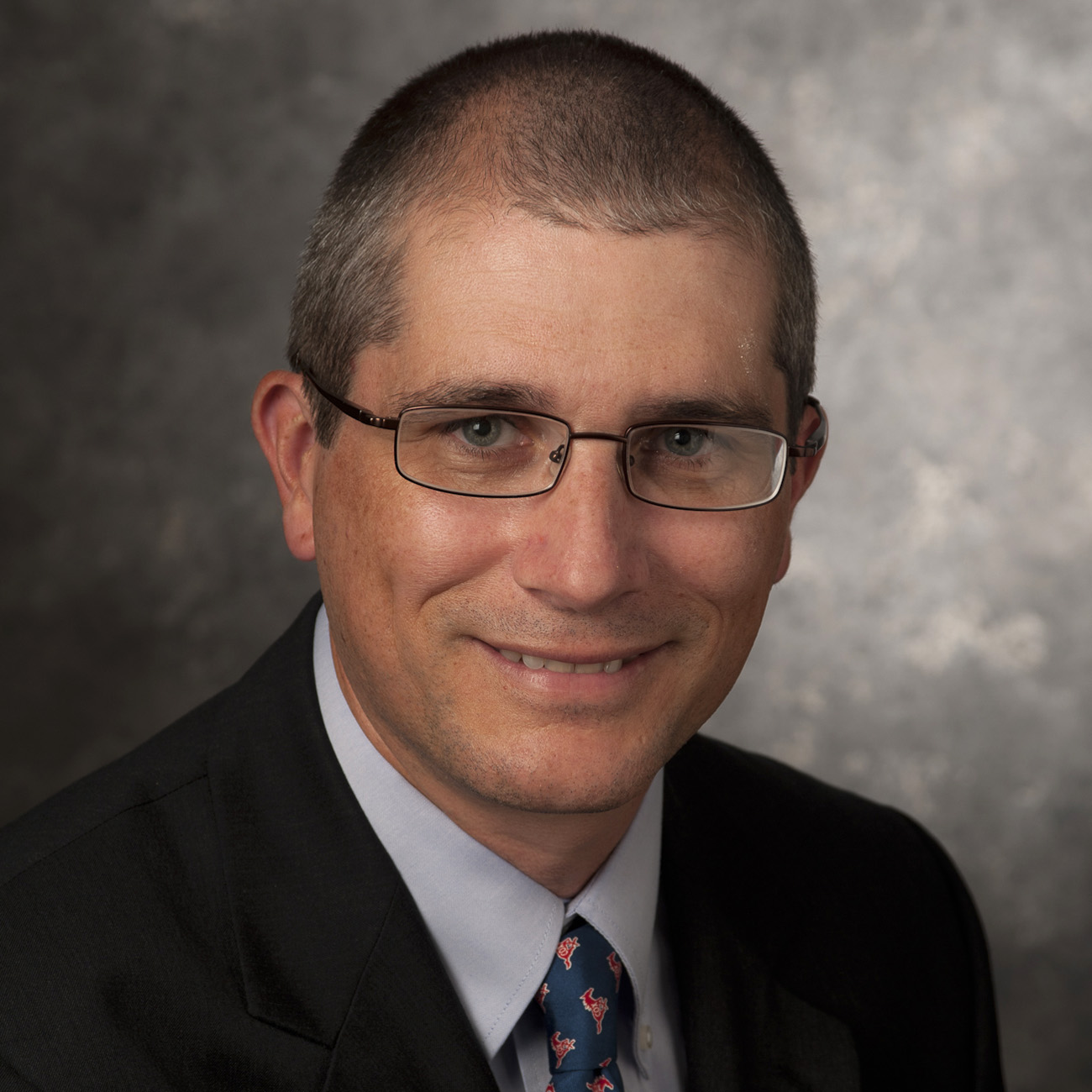
Dir. of the O’Neil Center for Global Markets and Freedom at SMU Cox School of Business
The declines in economic freedom in the U.S. that are tracked by the index should concern all Americans interested in securing a free and prosperous future. Read the full essay from The Dallas Morning News.
Cash is king when it comes to helping victims of natural disasters

Economist in SMU Cox School of Business
But remember this: The goal of charity is not to make you feel better. It is to make other people feel better. And money is a more effective way to do get that done. Read the full essay from The Dallas Morning News.
It’s time for America’s catcallers to be punished

The Ellen K. Solender Endowed Chair in Women and the Law
Granted, some states have adopted piecemeal laws against harassment, usually in response to an urgent problem. But if America hopes to confront public sexual harassment in any meaningful way, we need to mount a major legislative effort against it . Read the full essay from Forbes.
Free speech and White Supremacy at Texas A & M (and elsewhere)
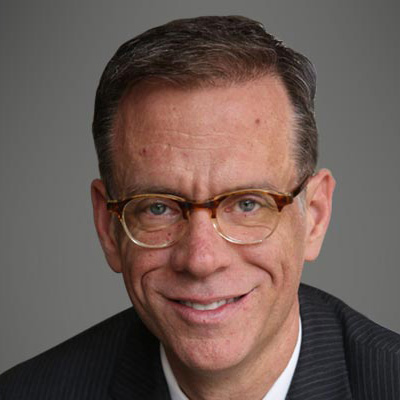
The Judge William Hawley Atwell Chair of Constitutional Law and Professor of Law
At the height of the deadly racist mayhem last Saturday in Charlottesville, a so-called white nationalist named Preston Wiginton announced that he would hold a “White Lives Matter” rally on September 11 on the grounds of Texas A & M, a public university in College Station. Read the full essay from The Washington Post.
Another Presidential Committee Ups and Quits

W. J. A. Power Professor of Old Testament Interpretation and Biblical Hebrew
In the minute-by-minute debacle of modern American politics, it is easy to miss something important. For example, on Wednesday, when the headlines had to do with the CEO flight from Trump’s manufacturing and business councils, Trump officially terminated the Central Minors Program. Read the full essay from The Huffington Post.
Why the smartest argument for the bathroom bill isn't smart at all
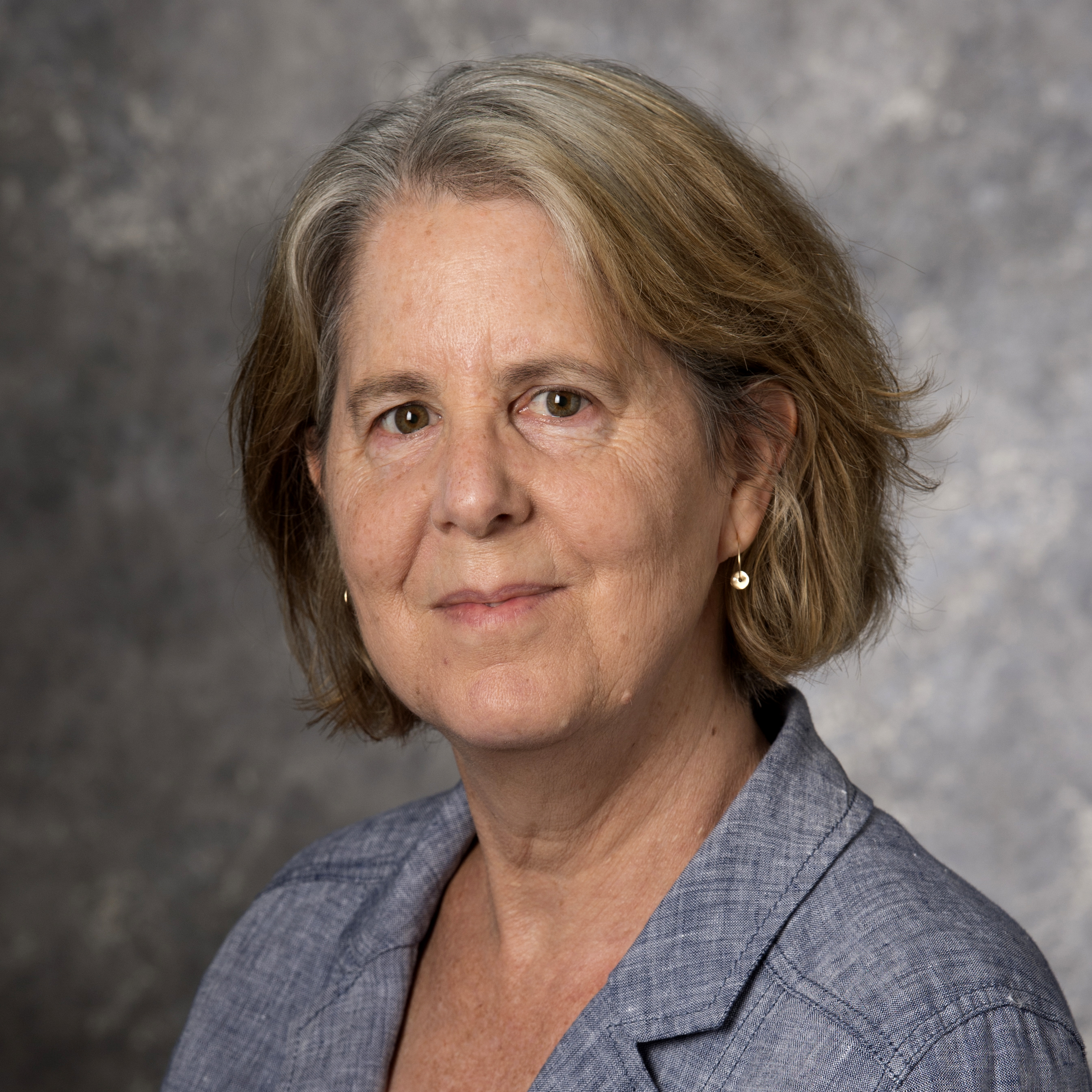
Adjunct Assistant Professor of Philosophhy
One of my jobs as an ethics professor is to figure out what the best case might be on each side of any contentious issue. And so I find myself earnestly trying to understand what drives the proponents of Senate Bill 3, the bathroom bill. What's the very smartest thing they can say in support of it? Read the full essay from The Dallas Morning News.
How Dallas can model a new approach to race relations
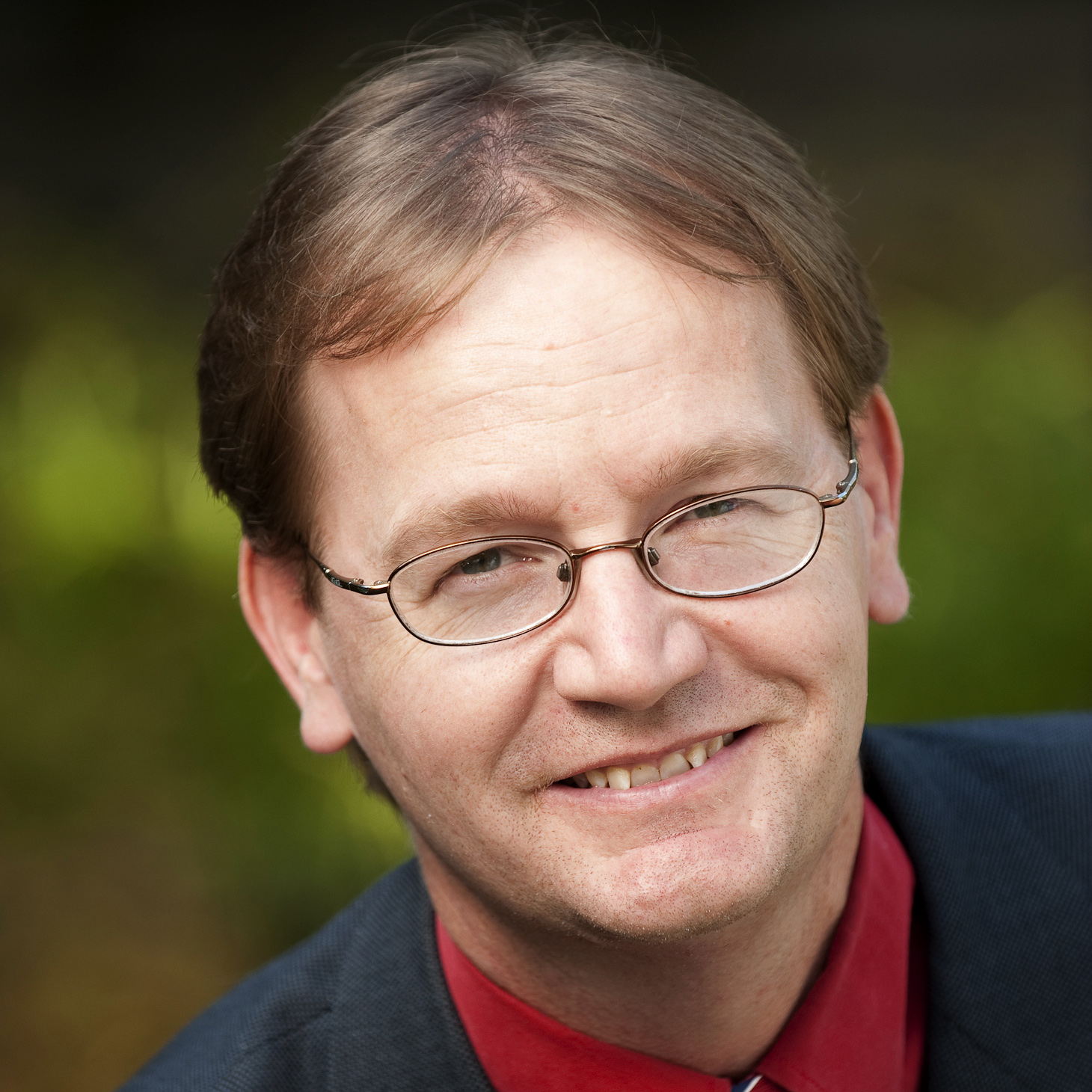
Associate Professor of Corporate Communications and Debate Director
A new path forward for Texas and Dallas on race: integrated non-violence. The Community of the Beloved championed by Farmer and King is as relevant today as it was 50 years ago. We need to challenge the cynical calls of returning to segregated attitudes about race. Integrated non-violent practices and public debate can turn the tide of racial anger. Read the full essay from The Dallas Morning News.
What the Cosby and Sandusky cases teach us about reporting sexual assault
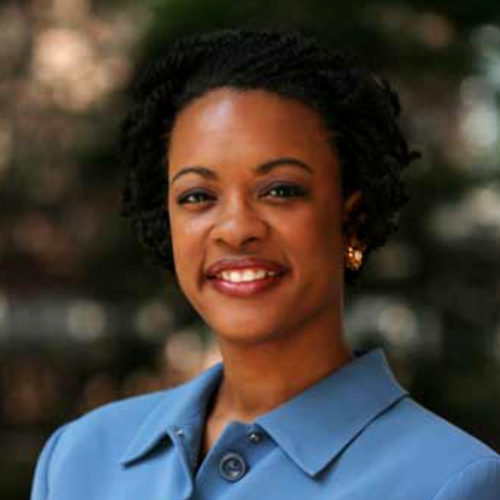
Associate Professor of Law
Once one or two victims come forward, the gate opens and the flooding begins. In both the Bill Cosby and Jerry Sandusky sexual assault cases, young adult women and children came forward after decades to report being sexually assaulted by a man who held a certain power in their lives, whom they trusted. Read the full essay from Garnet News.
Under NAFTA, let's do more trade, not less

Economist and associate director of the Maguire Energy Institute
More cross-border trade and investment can lead to greater economic efficiencies, new job opportunities in energy and other industries in (U.S., Mexico, and Canada), and higher incomes for workers across North America. Read the full essay from The Houston Chronicle.
Why convicting Dr. Huxtable is so hard

Associate Professor of Law
The mistrial in the sexual assault case against Bill Cosby reveals the difficulty of convicting “America’s Dad,” Dr. Healthcliff Huxtable. It may be easy to blame the hung jury on the fact that there were some inconsistencies in Andrea Constand’s statements, or on the fact that it is difficult to sentence a blind man who is almost 80 years old to jail for the rest of his life. Read the full essay from Garnet News.
Eradicating poverty is not mind over matter

Director of evaluation for SMU's Center on Research and Evaluation
When Housing Secretary Ben Carson, declared poverty is, in part, a state of mind, his comments led to an expected outcry. Of course one’s mindset is “part” of poverty, but the question is what part? And how big? Our answers point to the kinds of interventions we can collectively support. Read the full essay from The Hill.
Could the U.S. and China end up in a terrible war that neither wants?
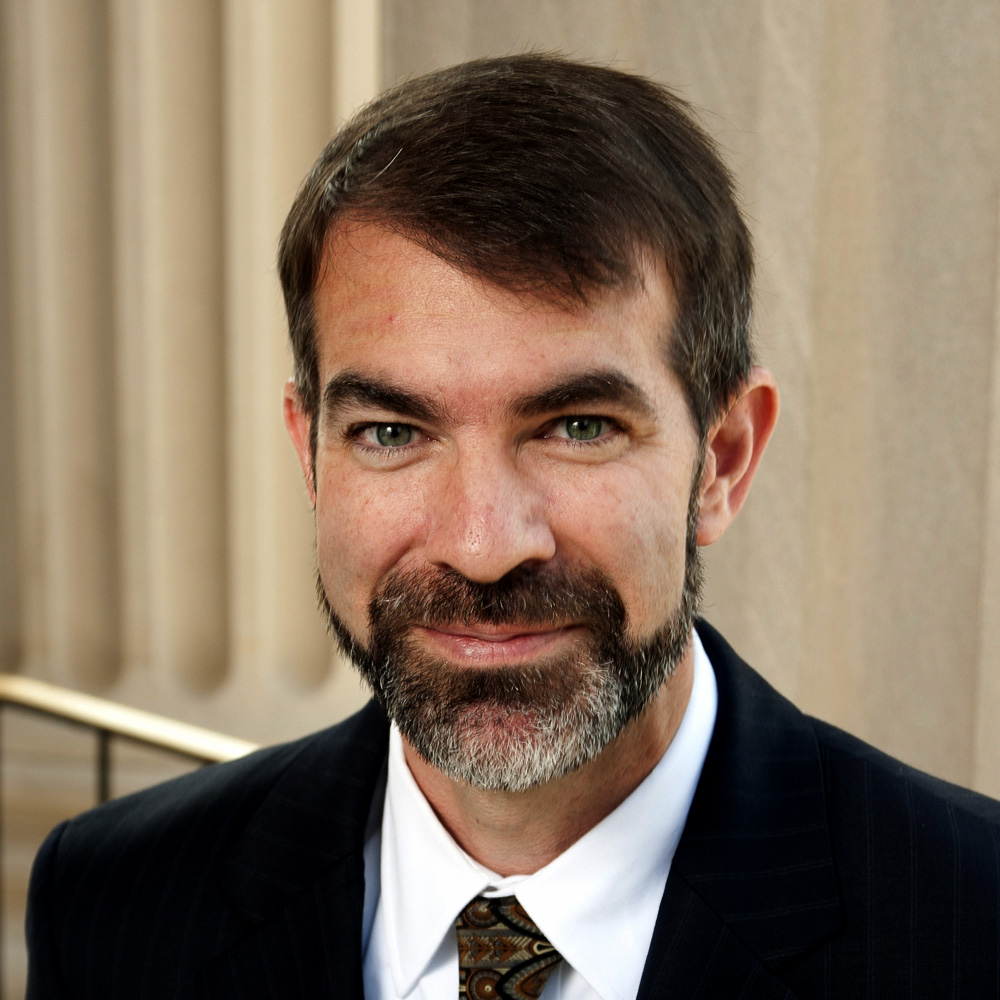
John Goodwin Tower Distinguished Chair in International Politics and National Security
Is a dangerous pattern emerging in U.S.-China relations? International relations scholar Graham Allison coined the term “Thucydides Trap” in 2012 to explain how a rising power can instill fear in an existing power, leading to hostility and mistrust that can escalate into war. Read the full essay from The Washington Post.
Nuclear subsidies distort competition and increase power prices

Associate Director of the Maguire Energy Institute
Over time, consumers and businesses are best served by competitive power markets. This is why nearly two-thirds of the states have deregulated electricity and/or natural gas in recent years. Giving preference to one form of power generation over another through direct subsidies smacks of re-regulation and will invariably bring about higher costs for all electricity users. Read the full essay from The Investor's Business Daily.
Perhaps Trump will learn from meeting the descendants of Abraham
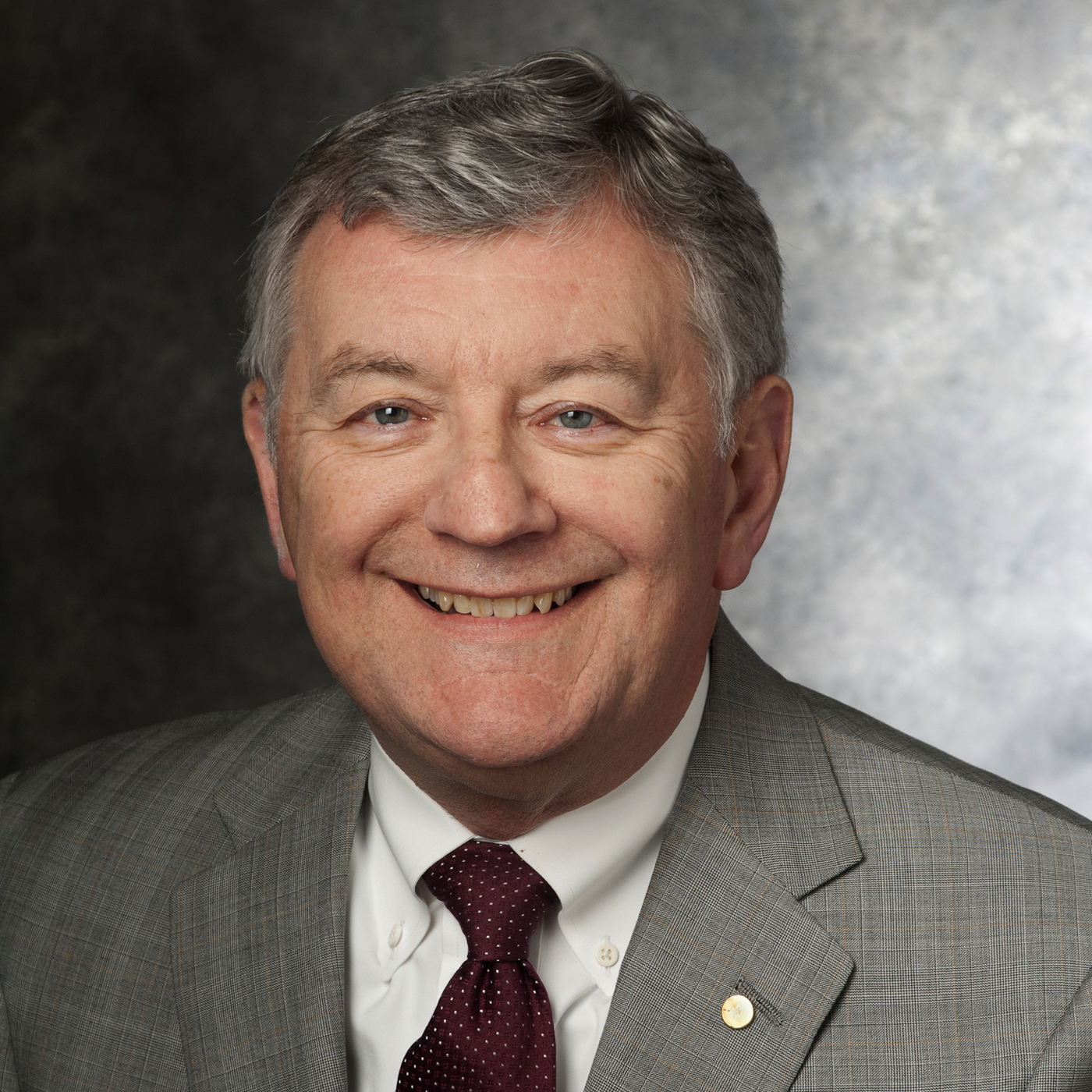
Professor of American church history and former dean of SMU Perkins School of Theology
One can hope that the medallions and mementos of the president’s pilgrimage to places of great importance for Islam, Judaism and Christianity will have a transformative impact on him and his administration.. Read the full essay from The News & Observer.
Don't write off coal

Economist and associate director of SMU's Maguire Energy Institute
Although coal’s share of power generation in America is likely to continue to decline, worldwide use of coal will continue to grow for at least the next 30 years. Read the full essay from The Austin American-Statesman.
Same Sex Marriage, a Gay Bishop, and the Power of Respect

W. J. A. Power Professor of Old Testament Interpretation and Biblical Hebrew
The United Methodist Church has made a pivotal decision about a gay, married bishop. According the Judicial Council, the consecration of a gay bishop violates church law. Some will champion the decision, welcoming it as the right word at the right time. Others will cry foul, protest, and kick against the goad of tradition. Read the full essay from The Huffington Post.
Going to Rwanda to train security forces in dispute resolution
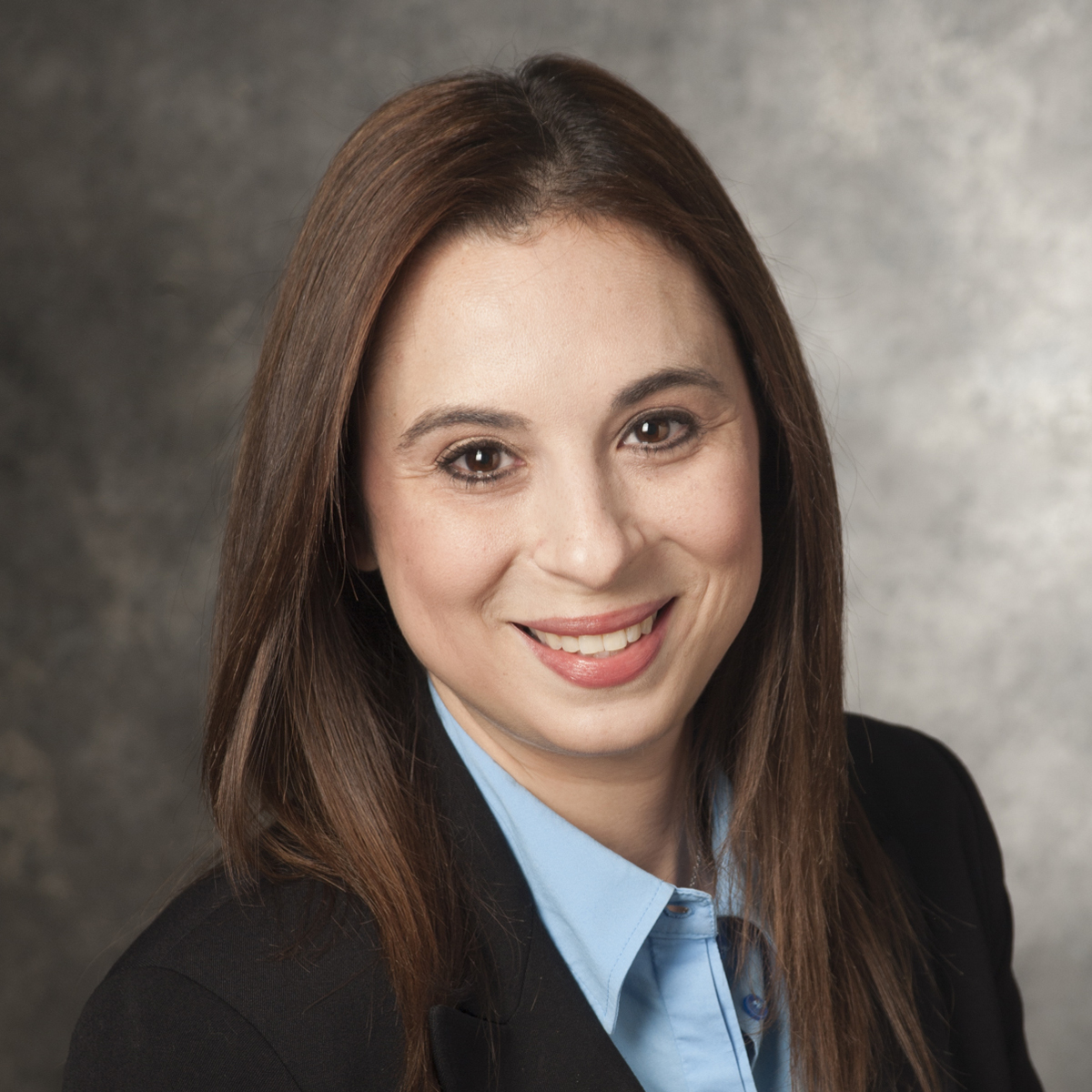
Director of the Center for Dispute Resolution and Conflict Management
It was hard to imagine that only 23 years ago, over 800,000 minority Tutsi and moderate Hutu were slaughtered in a genocide that would last 100 days. Driving to our hotel, we thought of the terror that took place on these very roads. Read the full essay.
We should learn, live and lead with ethics, not Twitter
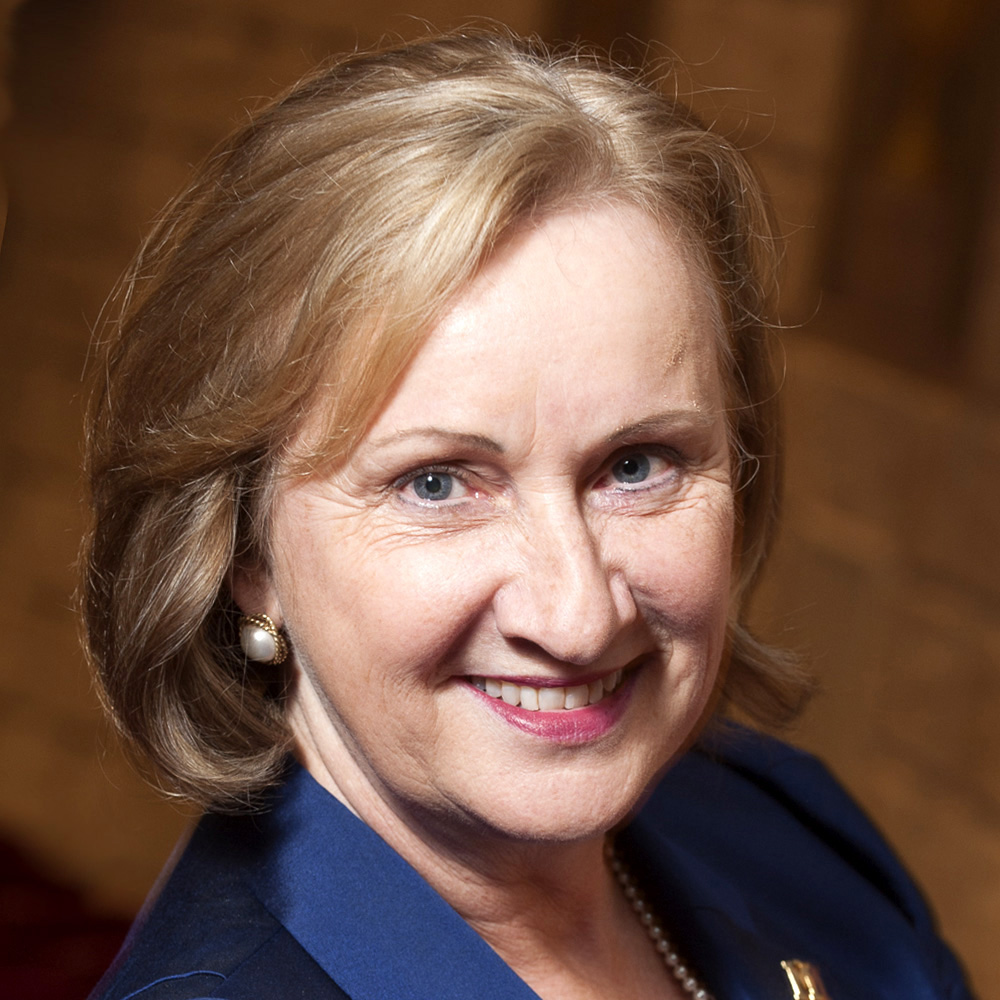
Director of SMU's Cary M. Maguire Center for Ethics and Public Responsibility
Our digitally saturated environment champions instantaneous reactions to complex questions over reflection or thought. To wit, our president governs by Twitter. Yet the ethical dilemmas of the digital age are no less complex than the subject matter; cyber security, social networking, gene editing/diagnosis, digital labor rights, artificial wombs, drone warfare, enhanced pathogens or state-sponsored "hacktivism" are common table topics over lunch. Read the full essay from The Dallas Morning News.
Texas should look to Michigan for ways to address early childhood education
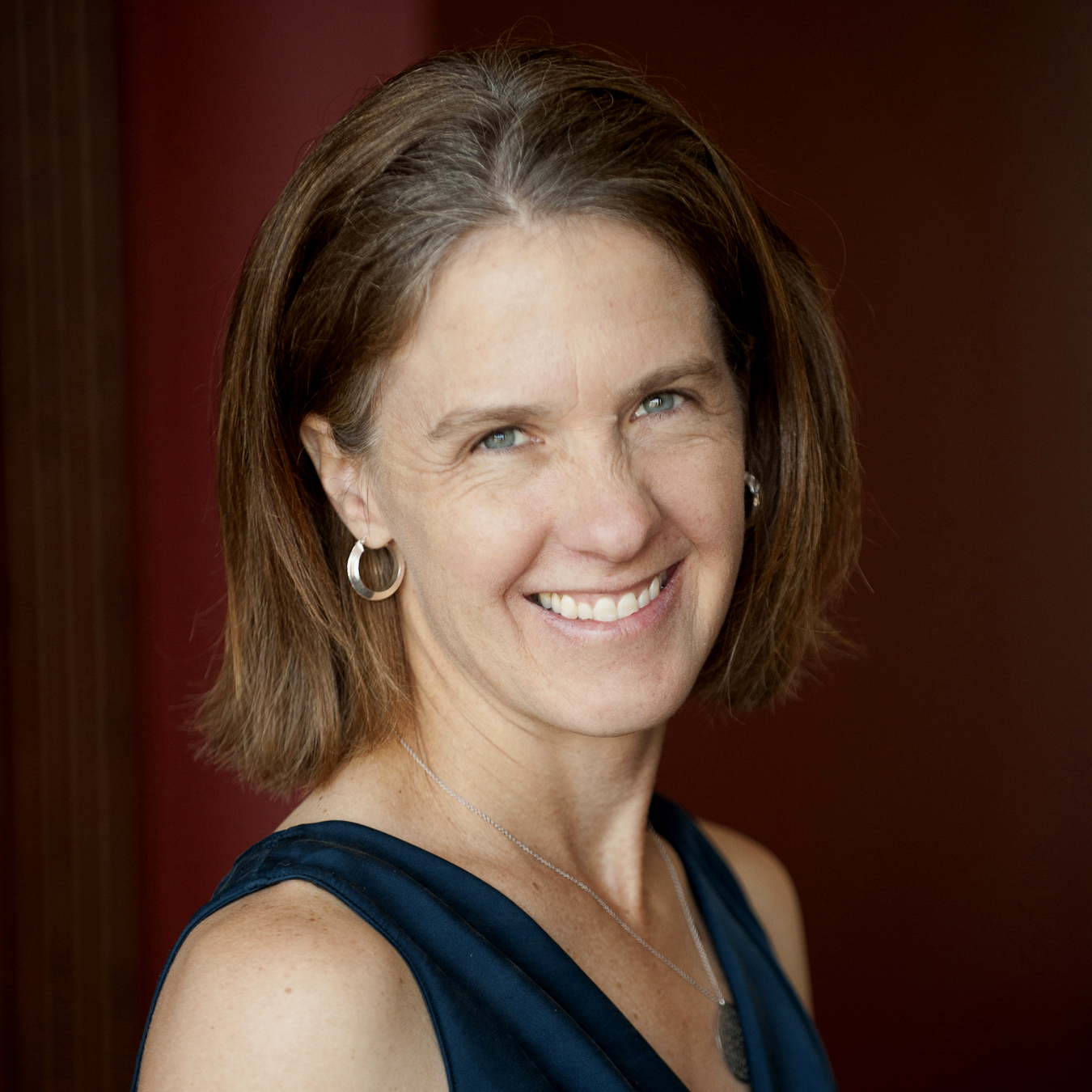
Dean ad interim of Simmons School of Education and Human Development
There is a tug-of-war over how to fund high-quality pre-K education programs in Texas. Gov. Greg Abbott has issued a call during this legislative session to increase pre-K funding by doubling the amount appropriated in 2015. So far, state lawmakers are not heeding the call, but they should. Read the full essay from The Dallas Morning News.
A how-to guide for investigating the president

John Goodwin Tower Distinguished Chair in International Politics and National Security
Michael Flynn's sudden resignation has led to calls for a public investigation of President Donald Trump and his advisers. Critics want to know whether they colluded with Russian officials to undermine Hillary Clinton's campaign. They also want to know what the president knew, and when he knew it. These questions are too important to ignore.Read the full essay from The Dallas Morning News.
Immigrants and the Detritus of Dreams

W. J. A. Power Professor of Old Testament Interpretation and Biblical Hebrew
I saw this photograph on Saturday from Parsons School of Design in a New York Times article. It contains the backpacks left behind by migrants coming across our border. Of course, it is a powerful image of loss and naivete. Of dreams shattered. Of panic. Of giving up — both things and hope. Read the full essay from The Huffington Post.
Trump administration must differentiate between the regime and the Iranian people
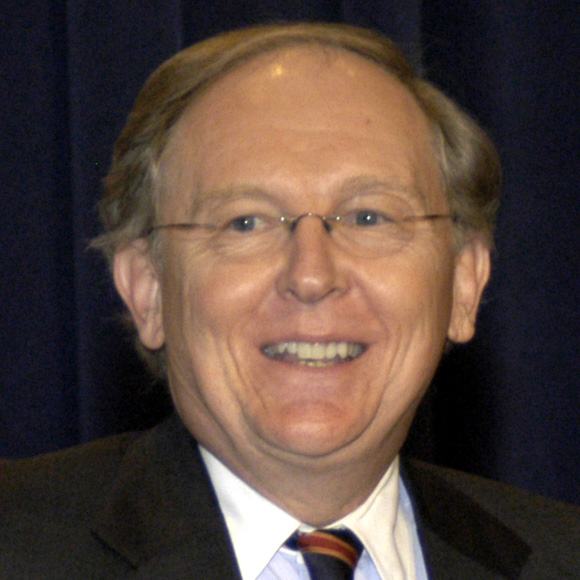
Tower Center for Political Studies
Next week, the mullah regime in Iran will yet again stage its well-choreographed celebration of the 38th anniversary of the "Islamic" Revolution. It will certainly, as always, be commemorated with massive, staged observances replete with pro-regime and anti-American banners and chants of a few million people throughout the country. Read the full essay from The Dallas Morning News.
Donald Trump and the Future of Intelligence

John Goodwin Tower Distinguished Chair in International Politics and National Security
Shortly after the news broke that the Central Intelligence Agency suspected Russian intelligence of using cyberattacks to help Donald Trump win the presidential election, the president elect’s transition team took to Twitter to dismiss the news — and denounce the Agency. Read the full essay from International Politics & National Security Policy.
The most divisive element in American church life is no longer racism

Professor of American Church History
In the past few years, Christians, including members of North Texas churches, have fought about an issue that cuts so deeply into their beliefs about God, morality and society that congregations and denominations are splintering. . . . But now, American churches are facing another issue that could prove as divisive as race: homosexuality. Read the full essay from The Dallas Morning News.